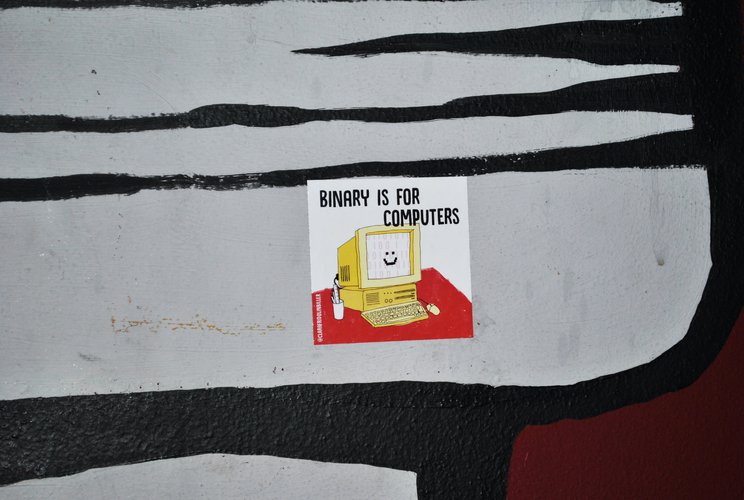🖤💜🤍💛 Happy International Non-Binary People's Day! 💛🤍💜🖤
Today, 14th July, is International Non-Binary People's Day, so here's the post I've shared in my networks in case it's useful to anyone else. Please feel free to adapt and post elsewhere — attribution appreciated but not required!
What does being non-binary mean?
Stonewall have a great explainer:
Non-binary is an umbrella term for people whose gender identity doesn’t sit comfortably with ‘man’ or ‘woman’. Non-binary identities are varied and can include people who identify with some aspects of binary identities, while others reject them entirely.
Is being non-binary recognised in law?
There is no legal recognition for non-binary genders in UK law, and a recent Supreme Court judgement declined to direct the Government to allow non-binary or gender-neutral 'X' markers on passports.
However, in 2020, the Birmingham Employment Tribunal held that people who are gender fluid, non-binary or transitioning can have the protected characteristic of gender reassignment (PDF) and are thus protected from discrimination on the basis of their gender identity.
The Government has no plan to recognise non-binary identities in any reform of the Gender Recognition Act.
See this really helpful Commons Library research briefing to learn more!
What can I do to support and include non-binary people?
- Consider how non-binary and trans users might interact with any digital service you're developing, particularly as the gender recorded for them might not match their actual identity. Do you actually need to know or collect gender or title information? Check out this NHS Digital blog post about making vaccine booking more inclusive of trans and non-binary people.
- Use inclusive language! Use "their" instead of "his/her" when referring to people of unspecified gender. Avoid terms like "guys" and "ladies and gentlemen" in favour of things like "all" and "everyone".
- Take care to use people's correct pronouns. Slack instances and LinkedIn have spaces for people to list their pronouns, so those might be good places to check — but if in doubt, just ask!
- When highlighting LGBTQ+ people in your events or as role models, make sure you include some non-binary role models too
Inclusion is intersectional. Being inclusive of trans and non-binary people means you'll also be more welcoming of intersex people and non-trans people with non-traditional or diverse gender presentations.
Is being non-binary a new thing?
Nope! Historic England have a fascinating post on the histories of non-binary and gender-non-conforming people going back to Roman Britain.
Indigenous communities around the world have had gender identities that overlap with the Western concept of non-binary for centuries or millennia that have been eroded and erased by colonialist structures, and which are now being reasserted and bear recognition.
The history of non-binary and trans people of colour in being at the forefront of the struggle for LGBT+ rights is also often erased from our narrative, and should be remembered.

